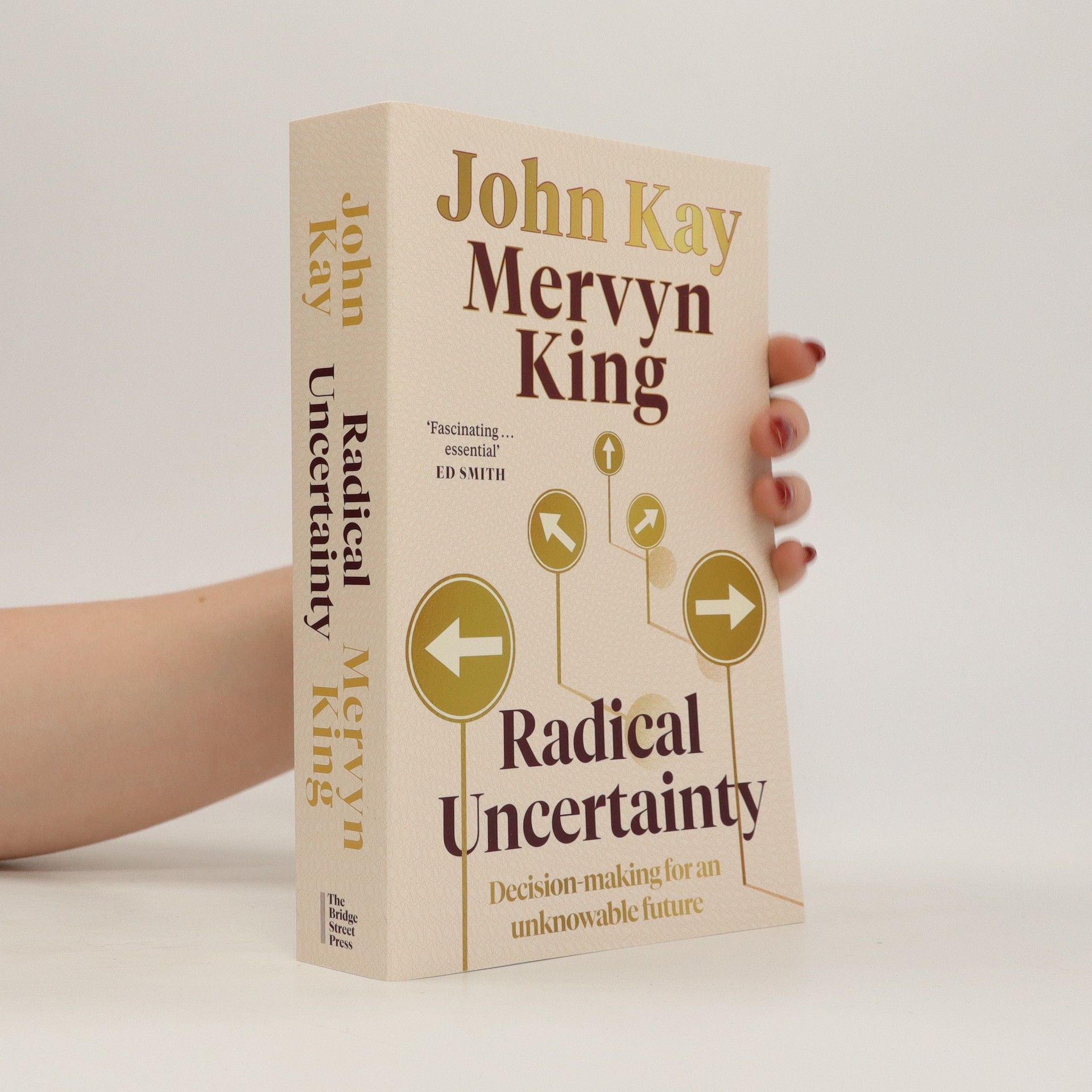Das Ende der Alchemie
Banken, Geld und die Zukunft der Weltwirtschaft
Während Alchemisten ihrem Ziel, wertlose Materialien in Gold zu verwandeln, bislang nicht näher gekommen sind, können moderne Banken eine bessere Erfolgsbilanz aufweisen: Gold können sie zwar nicht erschaffen, dafür jedoch neues Geld – und das aus dem Nichts. In dieser »modernen Alchemie« verortet Lord Mervyn King, ehemaliger Gouverneur der britischen Zentralbank, die grundlegenden Probleme des heutigen Kapitalismus, deren Ausmaße in der weltweiten Finanzkrise virulent wurden und bis heute die Weltwirtschaft in ständiger Unsicherheit halten. In »Das Ende der Alchemie« fordert er zu einer Umkehr auf. Statt Banken mit der Möglichkeit zu adeln, neues Geld zu schaffen, müssen endlich wirksame Regularien des Bankensektors in Kraft gesetzt werden. Damit sich eine Krise dieser historischen Dimension nicht wiederholt und die weltweite Wirtschaft sich nachhaltig erholt, braucht es kreative Ideen, die Mervyn King in diesem einmaligen Buch liefert. Mit einem exklusiven Vorwort von Lord Mervyn King für die deutsche Ausgabe.


